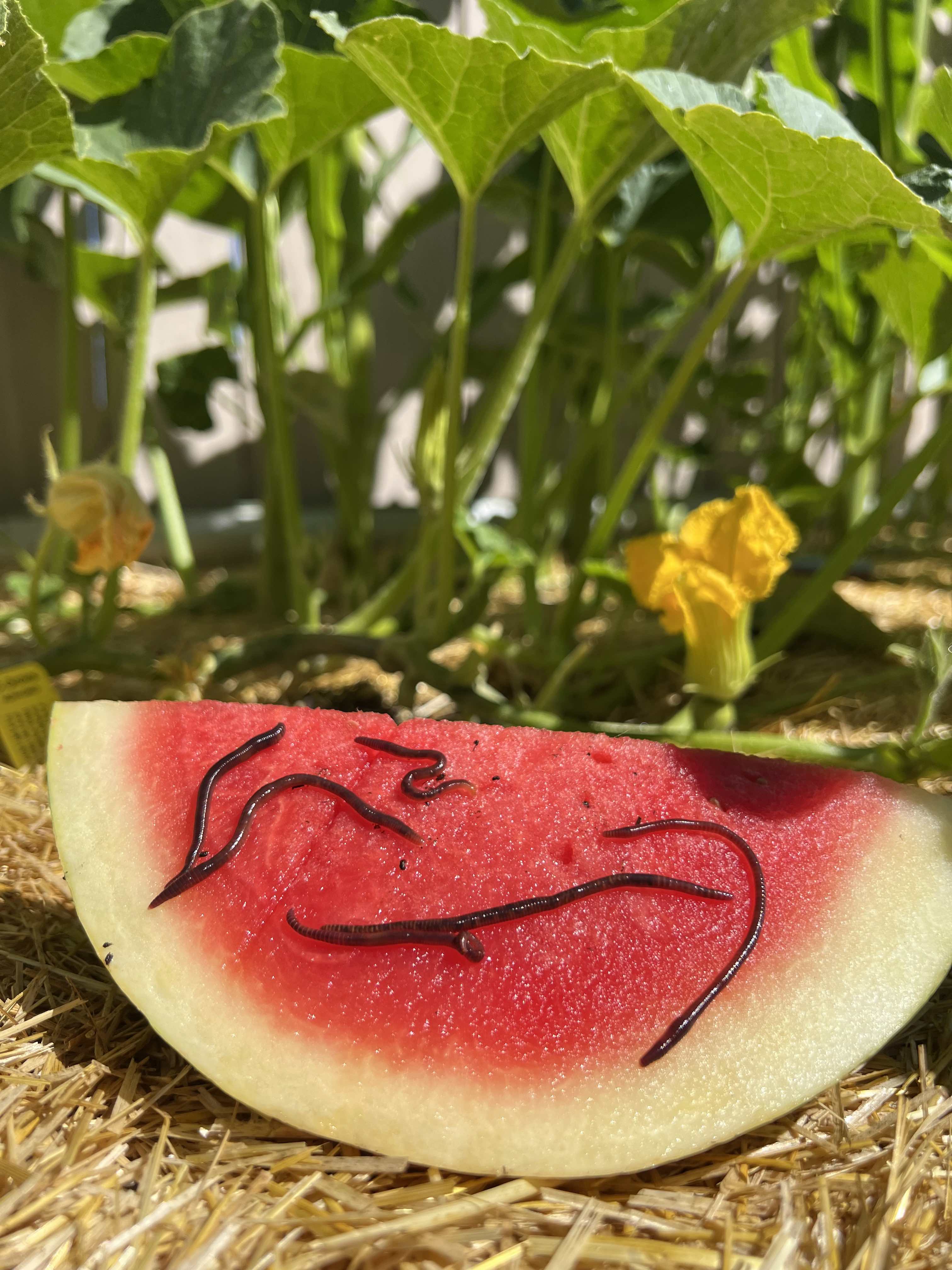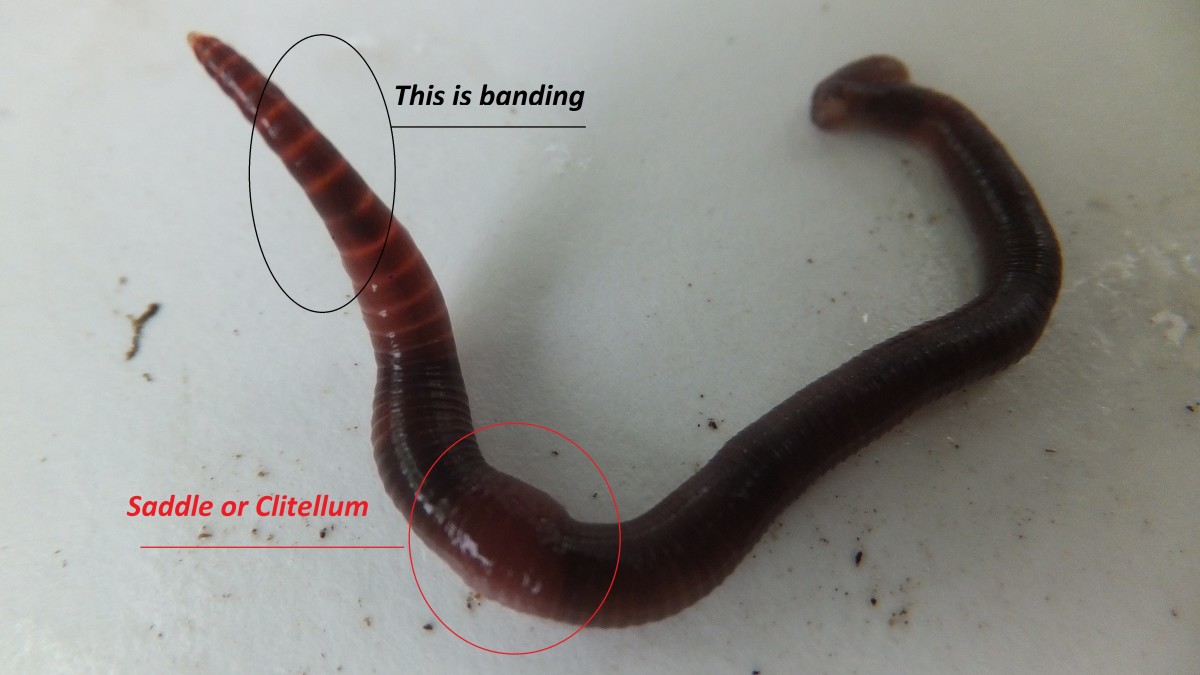Red Wiggler Worms - Efficient Decomposers for Your Garden Compost Bin
Red Wiggler Worms - Efficient Decomposers for Your Garden Compost Bin
Blog Article
Red Wiggler Worms Demystified: Unlocking the Secrets of Vermiculture for Greener Living and Nutrient-Rich Dirt
In the realm of sustainable techniques for improving soil high quality and advertising eco-conscious living, red wiggler worms play a critical yet commonly overlooked duty. Red Wiggler Worms. Recognizing the ins and outs of caring for these worms, enhancing their environment, and using their castings can lead to a greener way of life and much healthier soil for plants to grow.
The Duty of Red Wiggler Worms
Red Wiggler worms play a vital function in composting systems by successfully breaking down raw material right into nutrient-rich castings. These ravenous eaters eat a selection of organic products, such as kitchen area scraps, lawn waste, and paper items. As they feed, the worms' digestion processes break down the raw material right into a fine, dark, and nutrient-dense product referred to as worm spreadings or vermicompost.
The castings created by Red Wiggler worms are extremely helpful for dirt health and plant growth. They are abundant in necessary nutrients like nitrogen, potassium, and phosphorus, which are important for sustaining healthy plant development. Furthermore, worm castings contain beneficial microbes and enzymes that help improve soil structure, rise water retention, and boost nutrient uptake by plants.
Benefits of Vermicomposting

It improves dirt structure, enhances dirt aeration, and increases soil moisture retention. Vermicompost likewise enriches the soil with vital nutrients like phosphorus, nitrogen, and potassium, advertising plant development and total soil fertility.
Furthermore, vermicomposting assistances sustainable gardening practices by giving a natural and chemical-free choice to synthetic fertilizers. Red Wiggler Worms. This eco-friendly method not only improves the dirt but also assists minimize dependence on hazardous chemicals, advertising a greener and extra sustainable method of horticulture
Establishing Up a Worm Bin
When establishing a worm bin for vermicomposting, correct configuration is vital to ensure the success of the composting procedure. The initial step in setting up a worm container is selecting an ideal container. This can be a plastic container or wooden box that gives enough area for the worms to move and has appropriate water drainage holes to stop waterlogging. Next, a bed linen product such as shredded newspaper, cardboard, or coconut coir must be contributed to the bin. This bedding supplies a comfy environment for the worms and assists preserve wetness levels.
After adding the bedding, present the red wiggler worms to the container. The worms should then be supplied with look at this web-site food scraps such as fruit and vegetable peels, coffee premises, and eggshells.
Routinely keep track of the moisture levels and temperature in the worm bin to guarantee optimum problems for the worms. With appropriate configuration and upkeep, the worm bin will successfully transform organic waste into nutrient-rich compost for your plants and garden.
Harvesting Worm Castings
To efficiently accumulate nutrient-rich worm castings from your vermicomposting system, a systematic harvesting technique is important. There are a couple of key steps to follow to ensure a More Info successful process when it comes time to collect the worm spreadings. To start with, quit including fresh food scraps to one side of the worm container for a couple of weeks before collecting. This encourages the worms to move to the side with fresh bed linens and food, making it easier to dig the spreadings from the opposite.

Troubleshooting Common Issues
Recognizing and addressing typical difficulties that might develop throughout the vermicomposting procedure is important for preserving a effective and healthy and balanced worm bin. Adding excess food scraps can lead to a build-up of moisture and acidity in the worm bin, possibly damaging the worms. Another concern is unpleasant odors originating from the worm bin.
Furthermore, if the worm population is declining or the worms show up undesirable, maybe as a result of ecological stressors such as severe temperature levels or pH levels. Keeping track of these aspects and making necessary modifications is vital for the health of the worms. By fixing these usual issues promptly, vermicomposters can guarantee a smooth and successful vermicomposting procedure while maintaining a flourishing worm populace.

Conclusion
In verdict, red wiggler worms play an important function in vermiculture by damaging down raw material into nutrient-rich dirt. The advantages of vermiculture consist of click here to read greener living and boosted soil quality. Establishing a worm container is crucial for effective vermiculture, and harvesting worm castings offers useful compost for gardening. By understanding and troubleshooting usual concerns, people can open the tricks of vermiculture for sustainable living and healthier soil.
As they feed, the worms' digestive system processes break down the organic issue into a fine, dark, and nutrient-dense product recognized as worm castings or vermicompost.
The castings created by Red Wiggler worms are extremely valuable for dirt wellness and plant growth. Adding excess food scraps can lead to an accumulation of dampness and level of acidity in the worm container, possibly hurting the worms.Additionally, if the worm populace is declining or the worms show up undesirable, it might be due to environmental stressors such as severe temperatures or pH levels. Establishing up a worm container is crucial for successful vermiculture, and gathering worm castings supplies valuable garden compost for horticulture.
Report this page